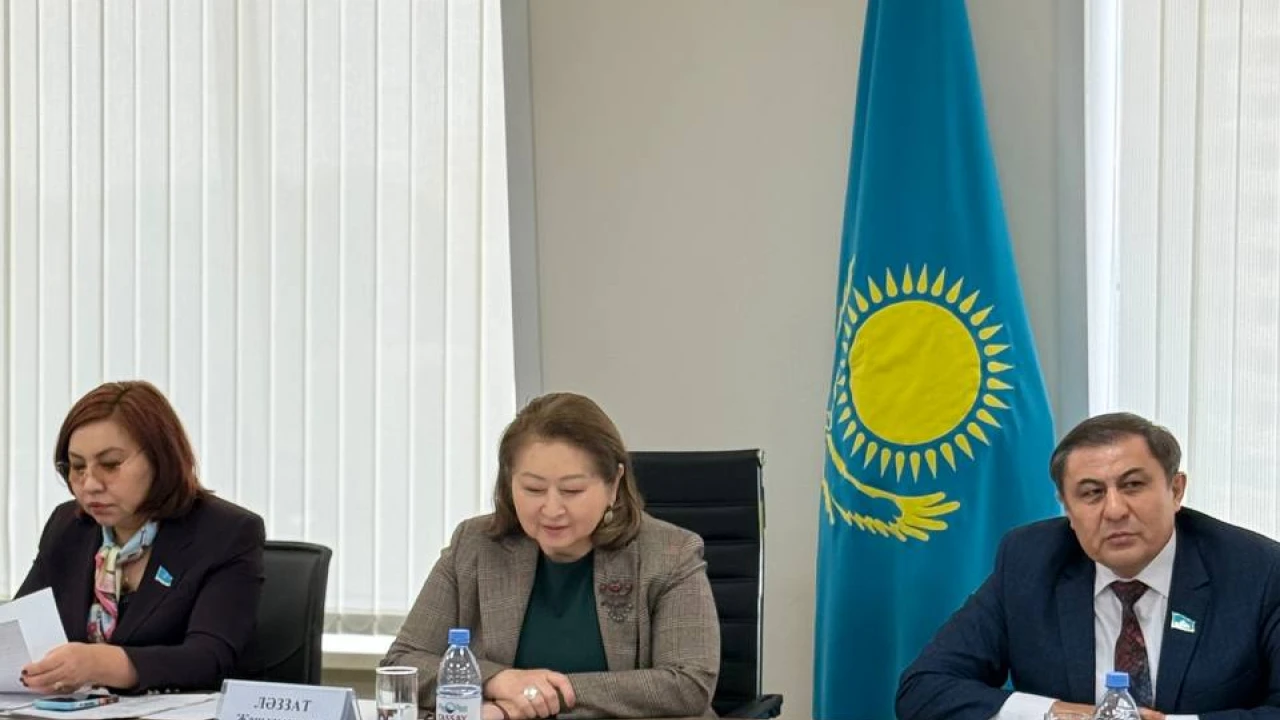
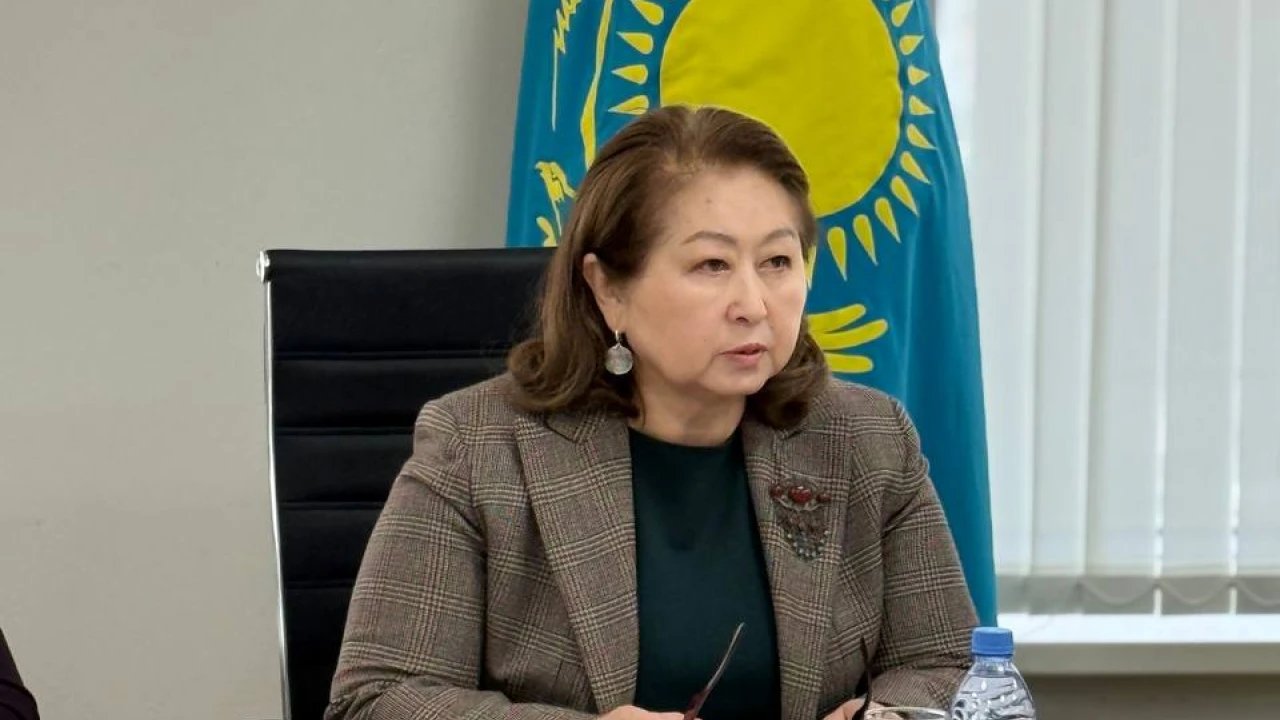
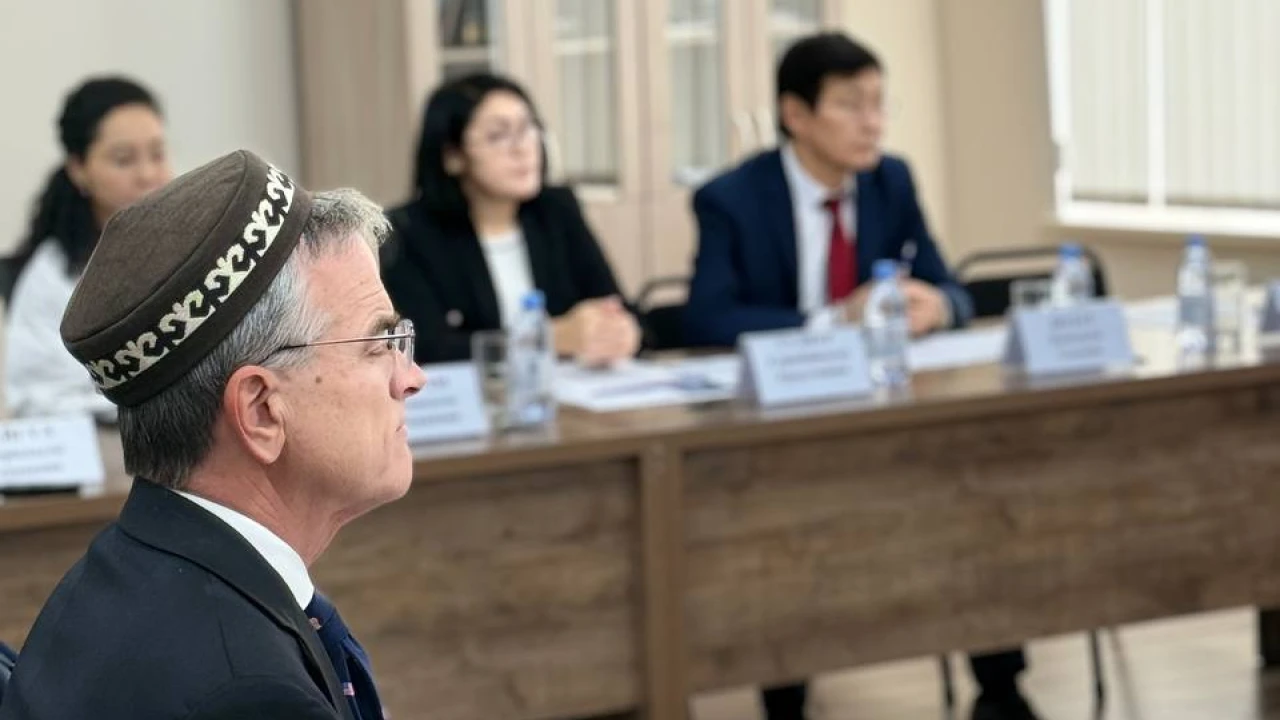
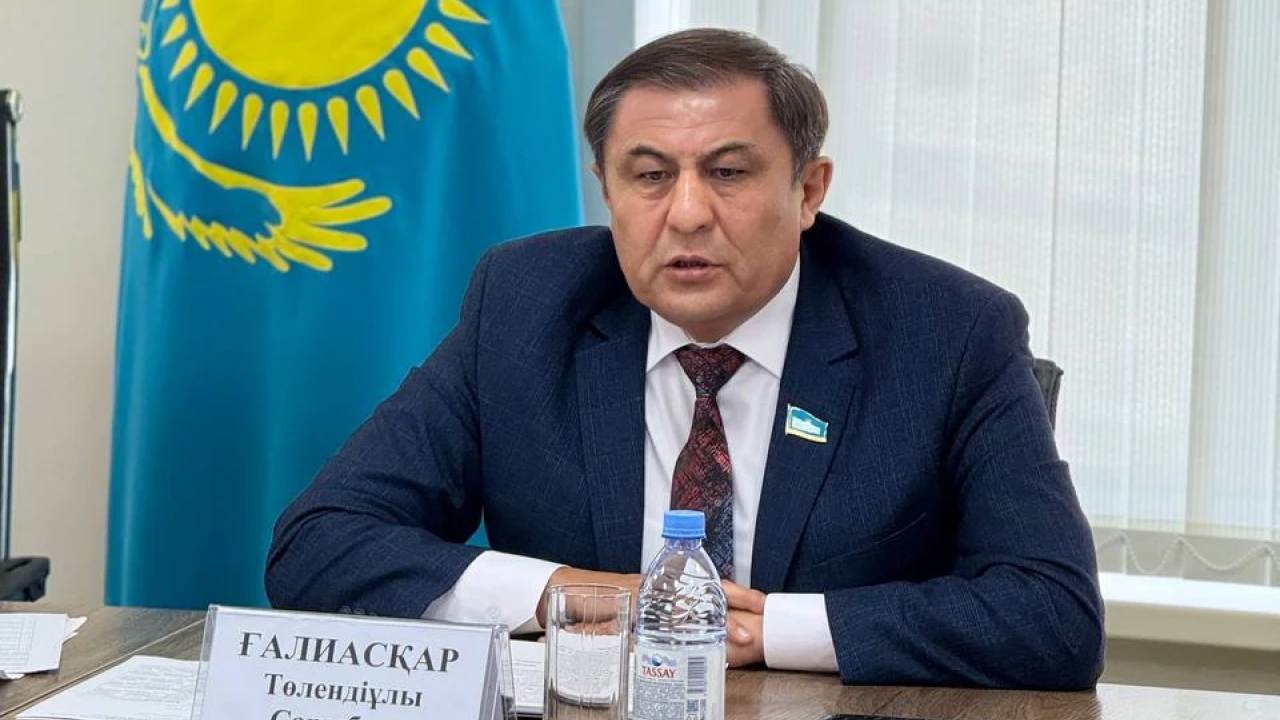
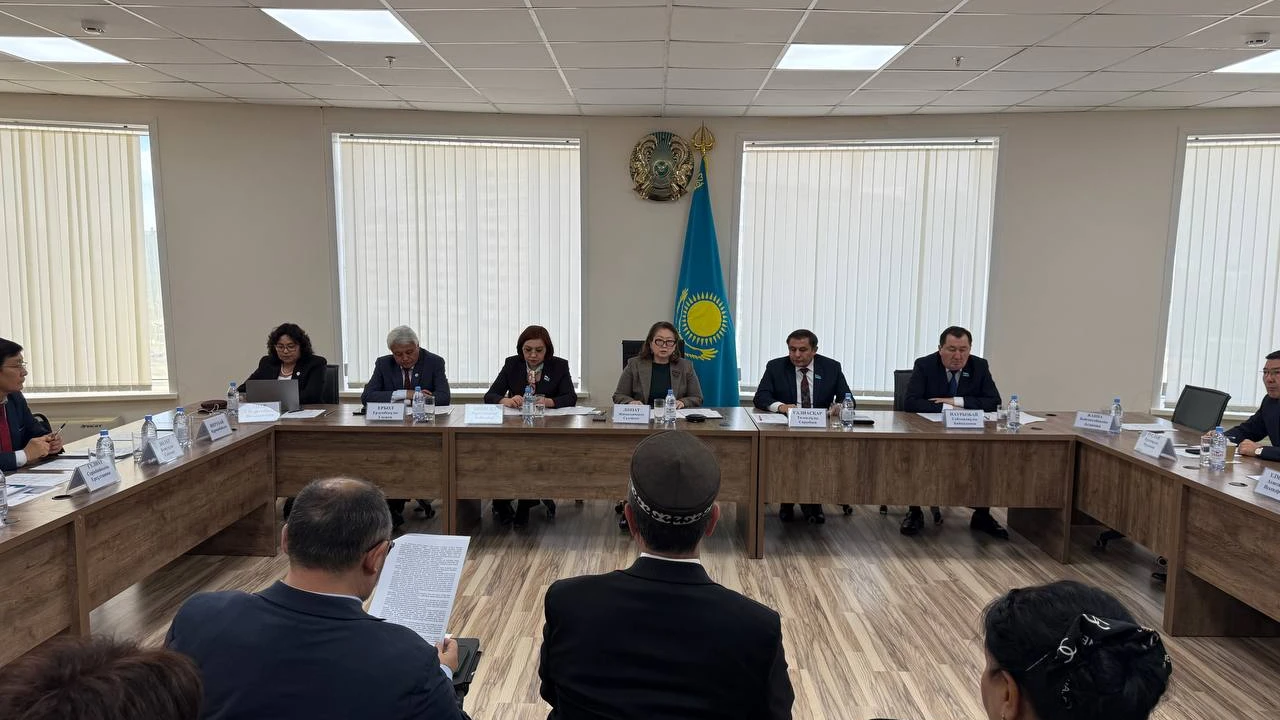
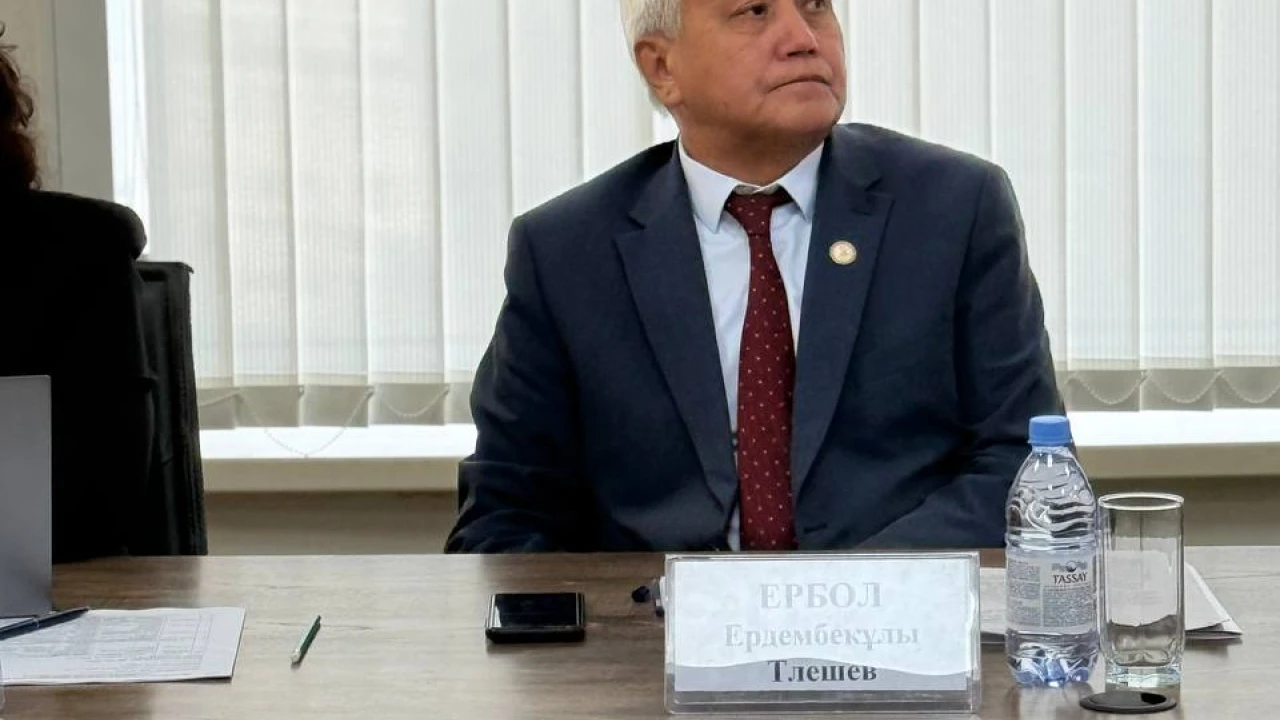
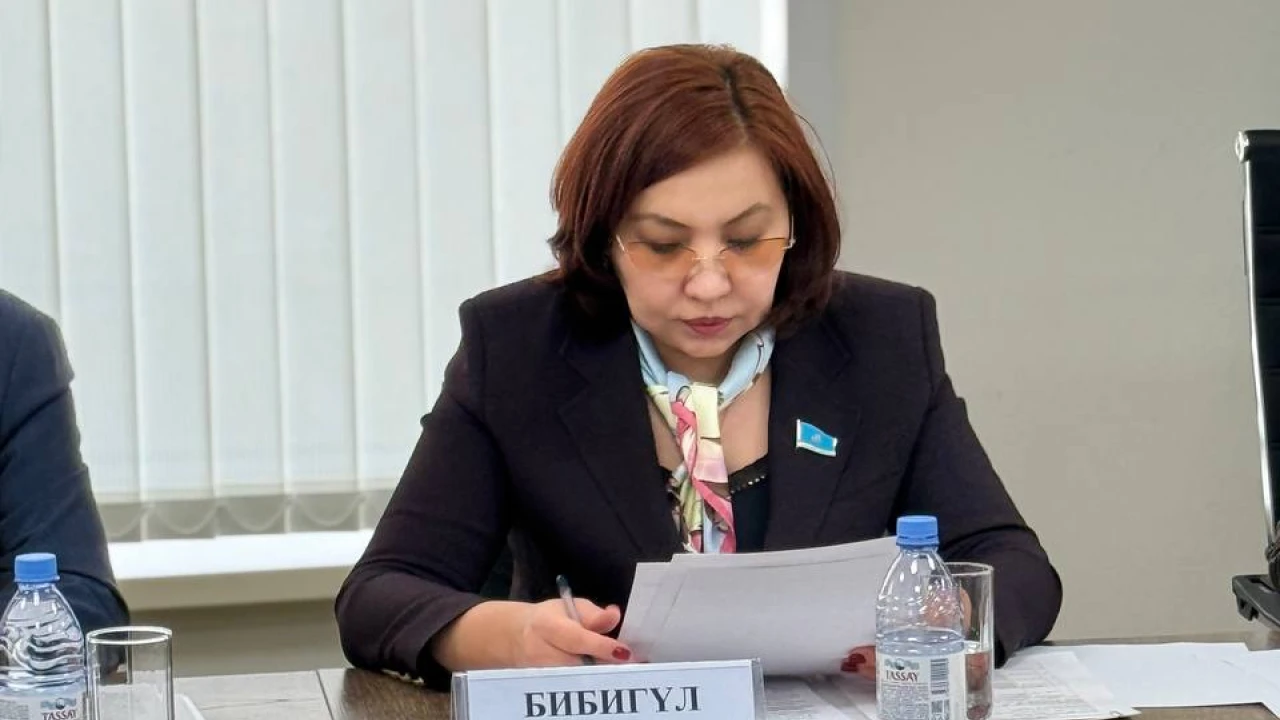
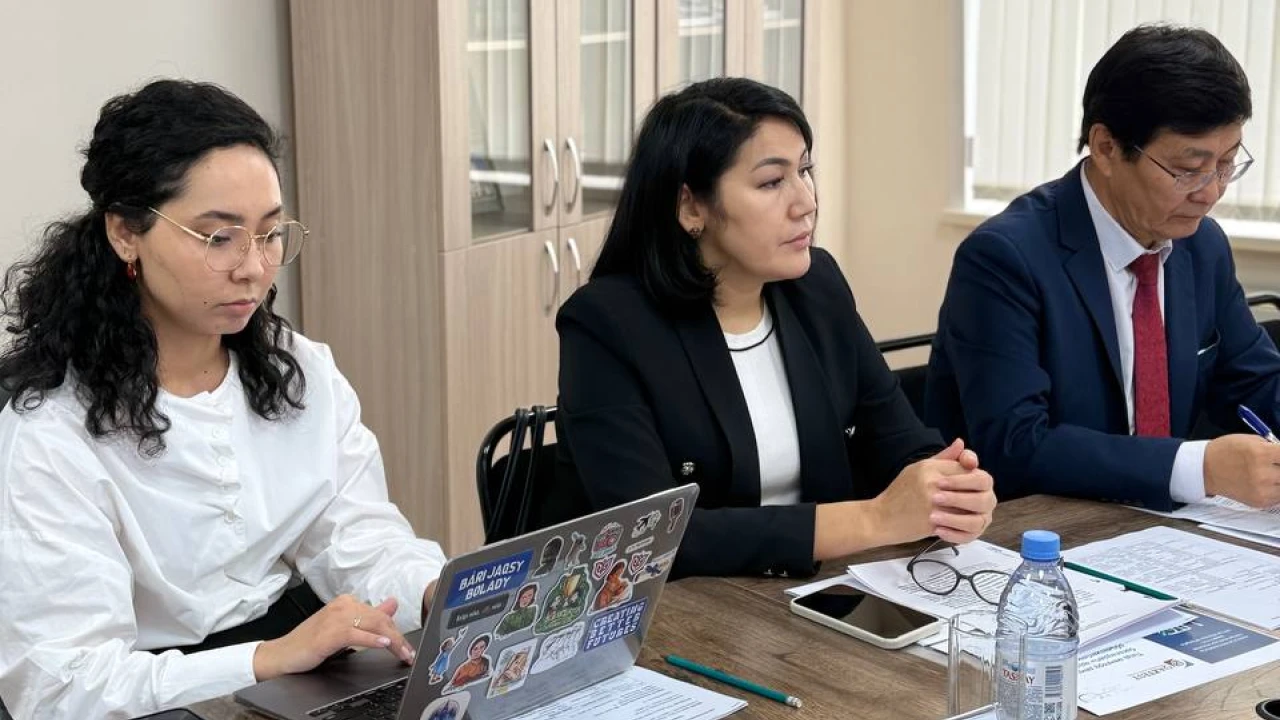
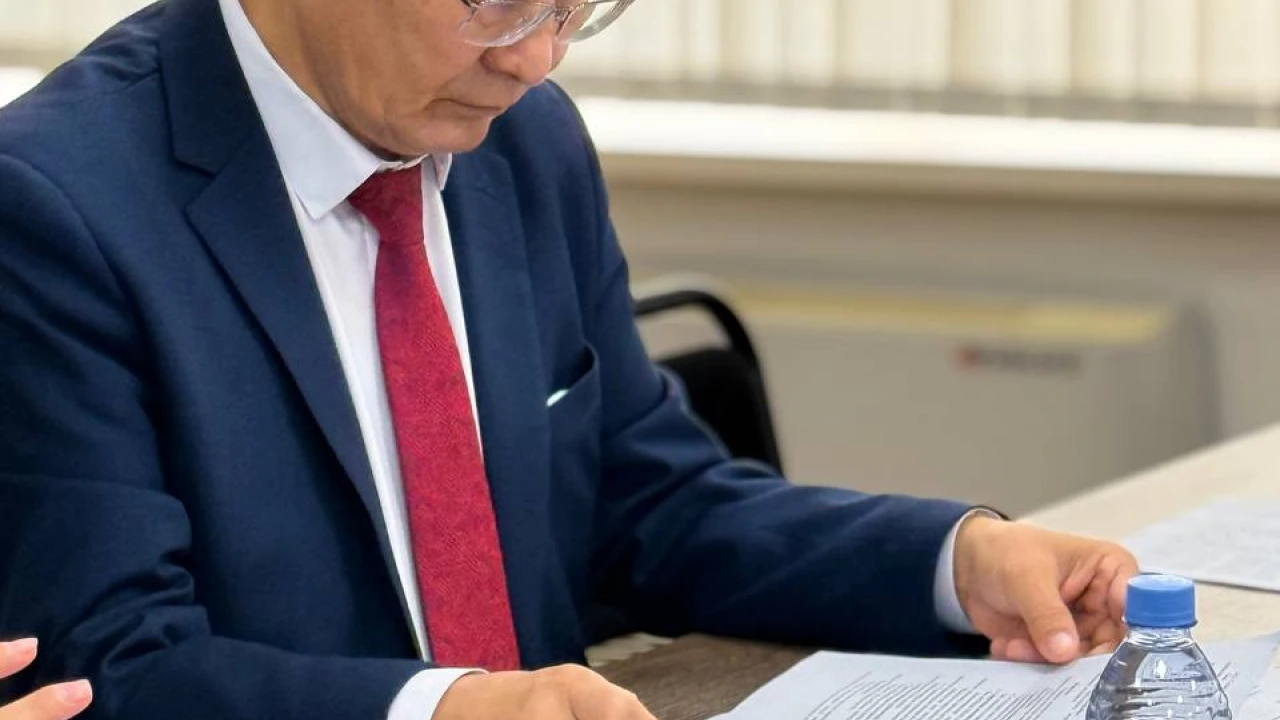
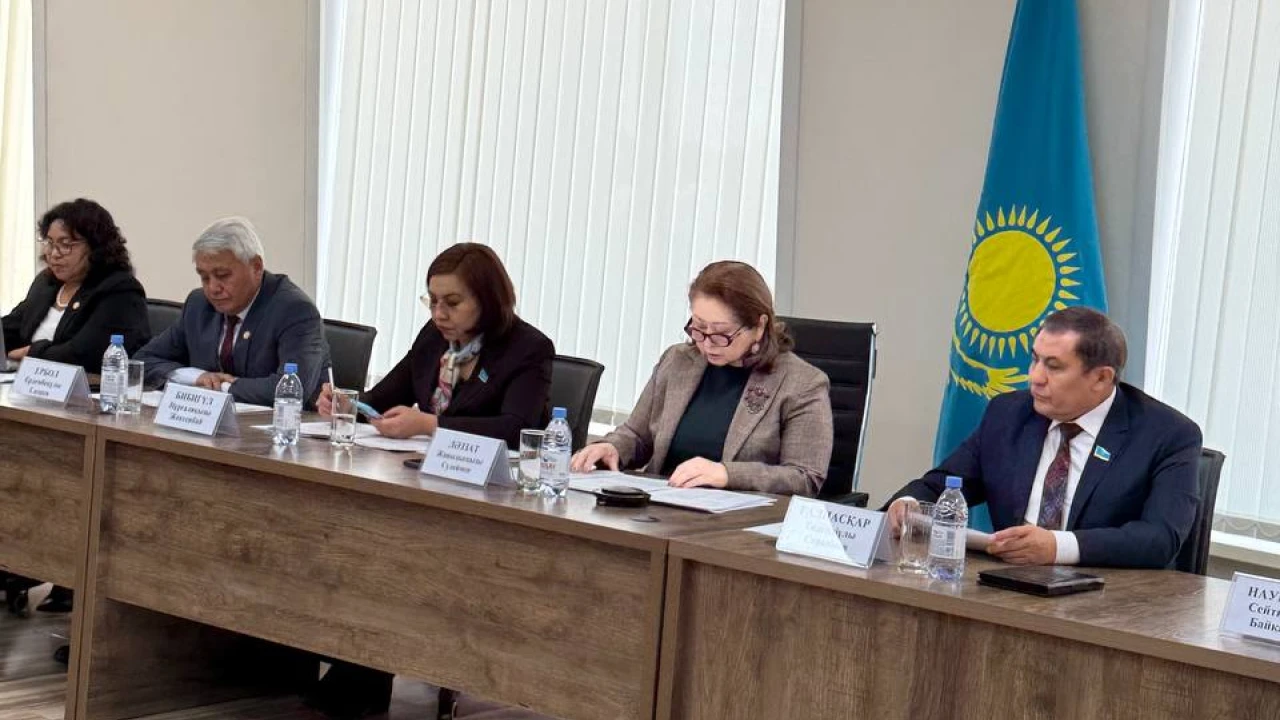
Today, the Institute of Parliamentarism under the UDP of the Republic of Kazakhstan hosted a round table on the topic "Legislative activity: current issues of the use of the state language and methodological support."
The main purpose of the meeting is to expand the use of the Kazakh language in the legislative process and improve the quality of methodological and legal support.
Opening the meeting, Deputy Director of the Institute of Parliamentarism Lyazzat Suleimenov stressed that the development of the state language in the field of legislation is one of the key directions of the country's legal modernization.
"One of the main tasks of the Institute is to prepare scientifically based recommendations for improving draft laws. The use of the state language in legislative work is an important vector of legal development. Despite the fact that the priority of the Kazakh language is fixed by law, its application is still insufficient in practice," she noted.
The discussion was attended by deputies of the Senate of the Parliament of the Republic of Kazakhstan Galiaskar Sarybayev, Zhanna Asanova, Bibigul Zheksenbai, Chairman of the Committee on Language Policy Yerbol Tleshev, Director of the Institute of Linguistics named after A.Baitursynula Anar Fazylzhanova, academician of the National Academy of Sciences of the Republic of Kazakhstan Sherubai Kurmanbayuly, Candidate of Law Bolat Syzdyk, representatives of the National Testing Center, the Til-Kazyna Center, Nazarbayev University and the Ministry of National Economy.
Bolat Syzdyk, PhD in Law, Head of the Linguistic Center of the Institute of Legislation and Legal Information of the Ministry of Justice of the Republic of Kazakhstan, noted in his speech that scientific and linguistic expertise should become an obligatory stage of the legislative process.
"Such expertise ensures the linguistic, terminological and stylistic accuracy of laws, makes them clearer and promotes the uniform application of legal norms," he stressed.
A speech by Joel Whitney Adamson, President of Invest Decision consulting company, attracted special attention. A foreigner who has been working in Astana for three years shared his personal observation:
"I was born and raised in Los Angeles, but learning Kazakh is a matter of principle for me. 35 years of Kazakhstan's independence have passed, which is enough time to master the state language. However, many still do not speak Kazakh. Most meetings are held in Russian, and Kazakh often remains only in translation. This needs to be changed. Every citizen should know the official language," he said.
Sherubai Kurmanbayuly, Doctor of Philology, Professor, Academician of the National Academy of Sciences of the Republic of Kazakhstan, pointed out language problems in lawmaking.
"Many laws are first written in Russian and then translated into Kazakh. As a result, the texts are overloaded with tracing papers and complex syntactic constructions, which makes them difficult for Kazakh-speaking readers to understand. There is only one solution — to write laws immediately in the official language," the scientist emphasized.
Following the results of the round table, the participants proposed specific measures to improve the language culture in lawmaking, develop legal terminology and introduce modern approaches to the implementation of language policy.



